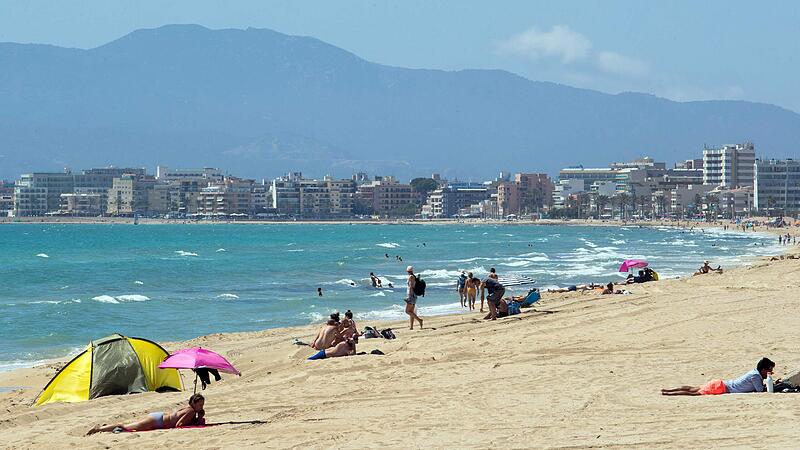ITALY
The 3G rule and mandatory online registration apply when entering Italy. Since April 1, the 2G requirement in hotels has been lifted, and proof of vaccination, recovery or tests is no longer required in local public transport or in shops. Neither the 2G nor the 3G obligation applies to access to museums, archaeological parks, exhibitions, archives, libraries and other cultural sites. From April 1st to 30th, however, the 2G obligation will continue to apply in cinemas, theaters and concerts. FFP2 masks are also required. In general, the mask requirement still applies indoors and outdoors when people gather. Further easing is expected from May 1st. Then the mask requirement in indoor areas could be abolished.
SPAIN
Holidaymakers must register on the Spain Travel Health Portal website before travelling. All travelers over the age of 12 must have proof of vaccination, testing or recovery. A PCR test must not be older than 48 hours, an antigen test must not be older than 24 hours.
Everyday restrictions: In the country itself, there are hardly any restrictions other than the obligation to wear masks in public interiors and on buses, trains and planes. Anyone who tests positive during their vacation no longer has to be isolated at home. This applies to anyone under the age of 60 who does not develop severe symptoms.
GREECE
Entry restrictions: There is no longer an obligation to register online. People who have a Covid vaccination certificate recognized in the EU can enter Greece. Entry is also possible with a negative PCR test up to 72 hours old or with a rapid test that has been negative within 24 hours before arrival.
Everyday restrictions: The mask requirement still applies to all closed rooms such as taverns, bars, cinemas or museums as well as to all public transport.
GERMANY
For entry, people aged 12 and over need a 3G ID, also for journeys via the Deutsches Eck. At the beginning of April, most of the state corona requirements were abolished in large parts of the country, and the individual federal states are now responsible. A nationwide mask requirement still applies in public transport, hospitals or care facilities. Regardless of government rules, companies, shops and other institutions can also maintain stricter requirements.
CROATIA
Croatia largely relaxes the corona measures before Easter. From Saturday, travelers from EU countries can enter without restrictions, citizens of other countries will still need a Covid certificate. The mask requirement is almost completely eliminated. In public spaces and means of transport, wearing a mask is only a recommendation, you only have to wear it in health care facilities and retirement and nursing homes.
NETHERLANDS
There are no longer any restrictions on entry. In addition, almost all Corona rules have been suspended. Masks are only compulsory on airplanes.
HUNGARY
Hungary lifted all special COVID regulations on March 7th, including the entry restrictions. Access to restaurants, hotels, leisure facilities and cultural events is possible without restrictions. Masks are also no longer compulsory on public transport. Only in the health and social care sector does the decision on whether to wear a mask again lie within the decision-making authority of the respective institution.
SLOVENIA
There are no longer any requirements for entering Slovenia. The corona measures were also largely lifted in the country itself. The 3G rule only applies to healthcare facilities and retirement homes. However, masks are still compulsory in public interiors and public transport. Neither for gastronomy, hotels or shopping centers nor for visiting cultural institutions or events nor a COVID certificate is required.
The respective entry regulations are to be understood for entry from Austria. Different regulations apply to entry from other countries or risk or variant areas.
Source: Nachrichten




